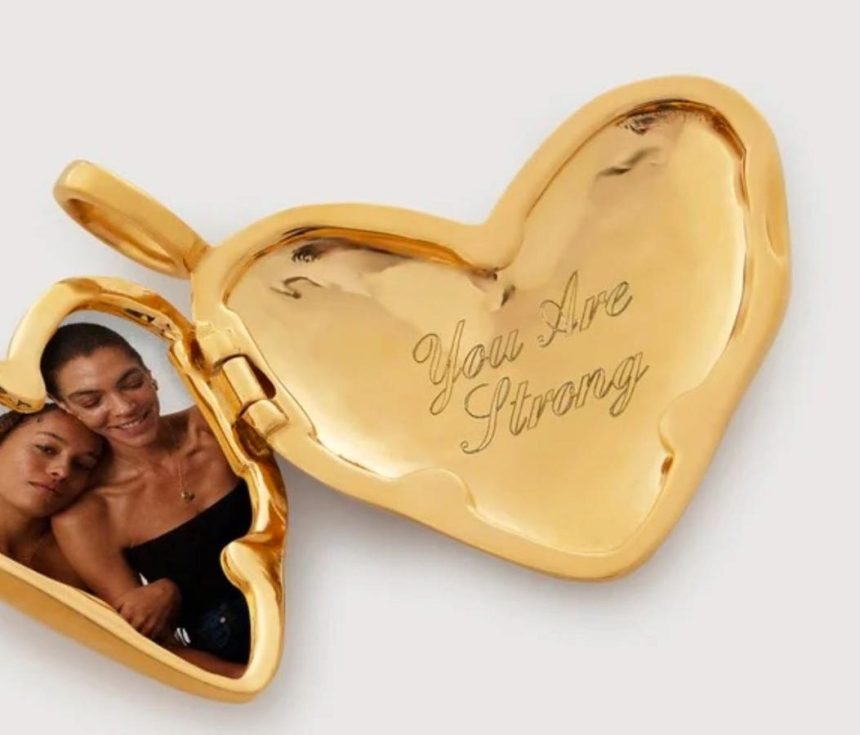The landscape of Valentine’s Day spending is undergoing a significant transformation, moving away from predictable tropes of red roses and chocolates towards a more personalized, experience-driven, and self-affirming celebration. Consumers, particularly in the UK where spending is projected to reach £1.37 billion this year, are increasingly seeking gifts that resonate with individual preferences, prioritize well-being, and reflect a growing awareness of ethical consumption. For retailers, understanding these evolving emotional drivers is crucial to capturing the attention and loyalty of the modern Valentine’s shopper.
Personalization has emerged as a dominant theme, with consumers gravitating towards bespoke gifts that convey thoughtfulness and exclusivity. This trend extends beyond simply adding a name or initial; it encompasses curated experiences, custom-designed products, and tailored services. Luxury brands, such as Monica Vinader with their engraved jewelry and Creed with personalized fragrance bottles, have effectively capitalized on this desire for individuality. By offering consumers the opportunity to create something unique, these brands elevate the gift-giving experience, transforming a purchase into a cherished keepsake that resonates with personal significance. The ability to enhance perceived value through personalization, without a substantial price increase, is proving to be a winning strategy for converting potential customers.
Experiential gifting is another key trend shaping Valentine’s Day spending. Consumers, particularly younger demographics, are prioritizing shared experiences over material possessions. Romantic getaways, spa retreats, and fine dining experiences are gaining popularity, while traditional retailers are adapting by incorporating experiential elements into their offerings. Luxury hotels, for instance, are curating immersive Valentine’s packages that combine exquisite dining with exclusive wellness treatments, appealing to the desire for memorable and enriching experiences. Grantley Hall’s partnership with the Bloom Longevity Lab exemplifies this trend, offering a premium self-care experience that caters to the growing emphasis on personal well-being within the context of Valentine’s Day.
Self-gifting is a notable shift in Valentine’s Day spending, driven by a growing emphasis on self-care and personal investment, coupled with the rising popularity of Galentine’s Day, a celebration of female friendships. Consumers are increasingly embracing the opportunity to indulge themselves, regardless of relationship status. This trend has fueled the growth of the wellness sector, with high-end self-care products, wellness retreats, and solo travel experiences positioned as desirable Valentine’s Day purchases. This reflects a broader cultural movement towards prioritizing individual well-being and self-love.
Sustainability and ethical considerations are increasingly influencing consumer purchasing decisions, even in the realm of romantic gifting. The focus is shifting away from mass-produced items towards thoughtful, eco-conscious alternatives. Consumers are seeking gifts that align with their values, prioritizing sustainable materials, ethical sourcing, and minimal packaging. Brands like Atlantic Blankets, with their “Hug in a Box” set featuring recycled wool and ethically sourced chocolate, exemplify this trend, demonstrating that luxury and sustainability can coexist. This reflects a growing awareness of the environmental impact of consumption and a desire to make more conscious choices, even during celebratory occasions.
Social media platforms like TikTok and Instagram are playing a significant role in shaping Valentine’s Day trends, influencing purchasing decisions through influencer marketing, viral product recommendations, and visually appealing unboxing experiences. Luxury gifts, limited-edition packaging, and aesthetically curated hampers benefit from this social media exposure, as consumers seek items that align with aspirational lifestyles and provide shareable moments. This highlights the importance for brands to cultivate a strong online presence and engage with their target audience through visually compelling content and influencer collaborations.
For businesses looking to thrive in this evolving Valentine’s Day market, understanding the emotional drivers behind purchasing decisions is paramount. Moving beyond traditional offerings and embracing personalization, experiential gifting, and the rise of self-care are essential strategies. Recognizing the importance of emotional connections, values-driven consumption, and the influence of social media will enable brands to create resonant and successful Valentine’s Day campaigns. This requires not only adapting product offerings but also crafting compelling narratives that speak to the evolving desires and values of the modern consumer. By focusing on authenticity, emotional connection, and respect, businesses can cultivate stronger relationships with their customers and create meaningful experiences that extend beyond the fleeting nature of a single holiday.



